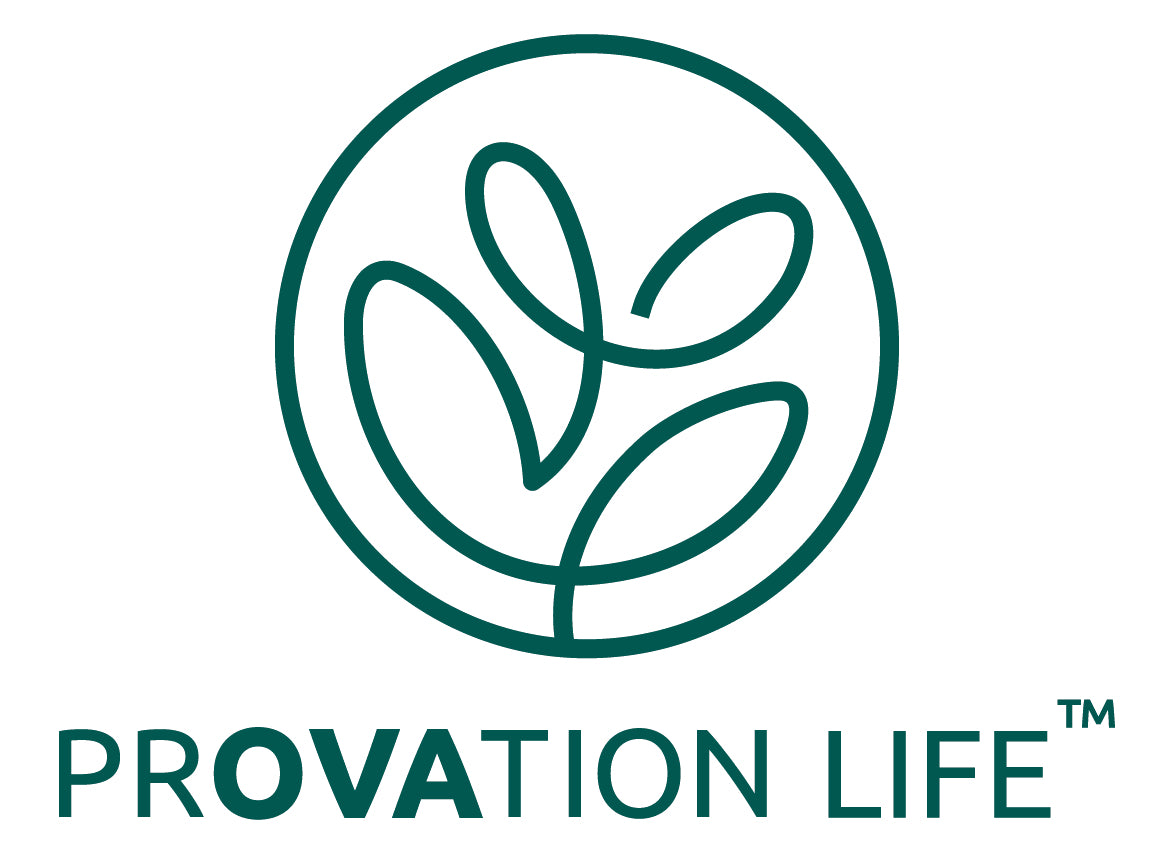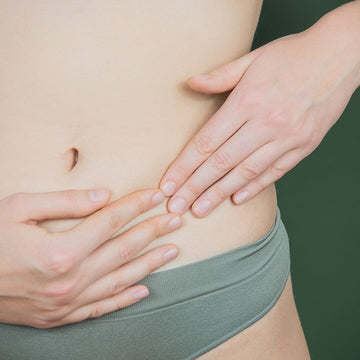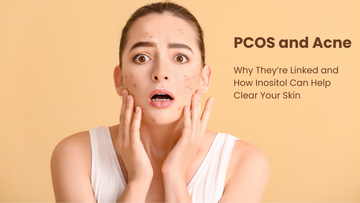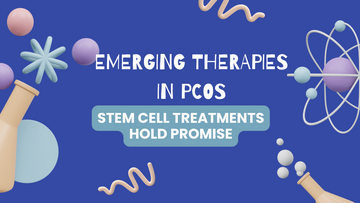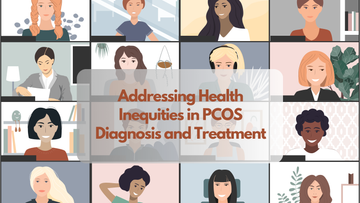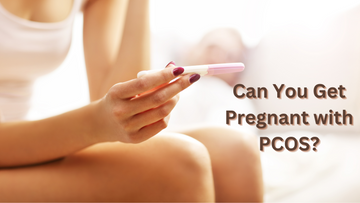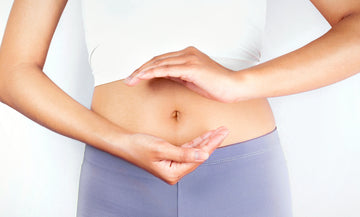Polycystic Ovary Syndrome (PCOS) is a condition that causes hormonal imbalances and problems with metabolism. PCOS can also lead to other serious health challenges, such as diabetes, cardiovascular problems, depression, and increased risk of endometrial cancer.
Two of the primary ways that diet affects PCOS are weight management and insulin production and resistance. However, insulin plays a significant role in PCOS, so managing insulin levels with a PCOS diet is one of the best steps people can take to manage the condition.
Many people with PCOS have insulin resistance. In fact, more than 50 percent of those with PCOS develop diabetes or pre-diabetes before the age of 40. Diabetes is directly related to how the body processes insulin. Following a diet that meets a person’s nutritional needs, maintains a healthy weight, and promotes good insulin levels can help people with PCOS feel better.

Foods to eat
Research has found that what people eat has a significant effect on PCOS. That said, there is currently no standard diet for PCOS. However, there is widespread agreement about which foods are beneficial and seem to help people manage their condition, and which foods to avoid.
Three diets that may help people with PCOS manage their symptoms are:
- A low glycemic index (GI) diet: The body digests foods with a low GI more slowly, meaning they do not cause insulin levels to rise as much or as quickly as other foods, such as some carbohydrates. Foods in a low GI diet include whole grains, legumes, nuts, seeds, fruits, starchy vegetables, and other unprocessed, low-carbohydrate foods.
- An anti-inflammatory diet: Anti-inflammatory foods, such as berries, fatty fish, leafy greens, and extra virgin olive oil, may reduce inflammation-related symptoms, such as fatigue.
- The DASH diet: Doctors often recommend the Dietary Approaches to Stop Hypertension (DASH) diet to reduce the risk or impact of heart disease. It may also help manage PCOS symptoms. A DASH diet is rich in fish, poultry, fruits, vegetables, whole grain, and low-fat dairy produce. The diet discourages foods that are high in saturated fat and sugar.
A 2015 study found that obese women who followed a specially-designed DASH diet for 8 weeks saw a reduction in insulin resistance and belly fat compared to those that did not follow the same diet.
A healthful PCOS diet can also include the following foods:
- natural, unprocessed foods
- high-fiber foods
- fatty fish, including salmon, tuna, sardines, and mackerel
- kale, spinach, and other dark, leafy greens
- dark red fruits, such as red grapes, blueberries, blackberries, and cherries
- broccoli and cauliflower
- dried beans, lentils, and other legumes
- healthful fats, such as olive oil, as well as avocados and coconuts
- nuts, including pine nuts, walnuts, almonds, and pistachios
- dark chocolate in moderation
- spices, such as turmeric and cinnamon
Researchers looking at a range of healthful diet plans found the following slight differences. For example:
- Individuals lost more weight with a diet emphasizing mono-unsaturated fats rather than saturated fats. An example of this kind of diet is the anti-inflammatory diet, which encourages people to eat plant-based fats, such as olive and other vegetable oils.
- People who followed a low-carbohydrate or a low-GI diet saw improved insulin metabolism and lower cholesterol levels.
- People with PCOS who followed a low-GI diet also reported a better quality of life and more regular periods.
